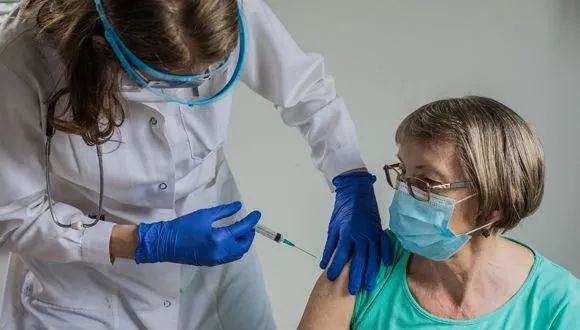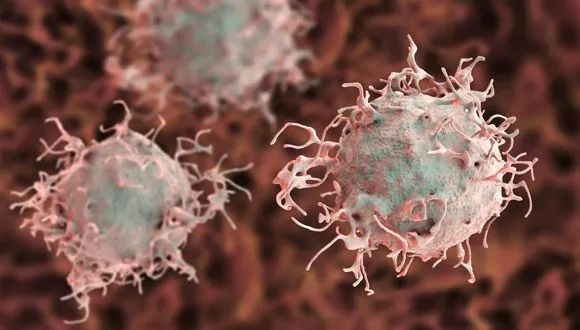Many young women with increased risk of breast cancer (carriers of BRCA1/BRCA2 genes) suffer from a state of uncertainty regarding their future, mainly due to the realization that they are highly likely to contract breast cancer and/or ovarian cancer. There is currently no effective treatment for preventing the illness and the only active procedure available is a risk-reducing mastectomy [surgery to remove a breast] and/or oophorectomy [a surgical procedure to remove one or both ovaries] around the age of 40 (it was this procedure that Angelina Jolie underwent in 2013).
Due to fear and uncertainty, these women often suffer psychological and physical symptoms that significantly disrupt their normal lives. In a new study conducted at Tel Aviv University, researchers sought to examine whether workshops and tools for promoting personal health, relief of stress and tension, and strengthening of mental soundness can improve the emotional well-being and quality of sleep of these young women. The researchers determined that use of the Inquiry Based Stress Reduction (IBSR) technique can be very helpful in coping with stressful events, enhance emotional and psychological well-being, improve quality of sleep, and assist in decision making.
Doing “The Work”
The study was led by Dr. Shahar Lev-Ari of the Sackler Faculty of Medicine at Tel Aviv University, in cooperation with Prof. Eitan Friedman of Sheba Medical Center and assistance from other researchers, as part of PhD student Clara Landau’s dissertation. The study was published in the prestigious medical journal JAMA Network Open.
The study included 100 women, all carriers of BRCA1/BRCA2 genes and currently under supervision at the Meirav Breast Center at Sheba Medical Center. As part of the study, the women learned and practiced the IBSR method, a clinical application of “The Work” by Byron Katie, consisting of a mindful self-inquiry for increased mindfulness, work on stress-causing beliefs (the “Inquiry” process) for reduction of stress, and cognitive reframing.

Dr. Shahar Lev-Ari
“To the best of our knowledge, this is the largest ever study in the world in the framework of such an experiment, as far as the number of participants is concerned.”
Significant Improvements
The results were impressive. After participating in the workshops, as well as self-practice, the women showed great improvement in all aspects of personal growth, positive relations with others, life goals, and self acceptance. A clear improvement was seen in quality of sleep, which returned to normal.
Furthermore, a clear change of attitude was found among the participants with regard to previous doubts over whether to undergo surgical procedures such as mastectomy and oophorectomy. The technique helped the women make rational medical decisions, and some changed their position from ruling out the option of having any procedure done to scheduling a doctor’s appointment to discuss the option.
The researchers believe their findings indicate that study and practice of IBSR techniques might improve the psychological well-being of women with BRCA1/BRCA2 gene mutations, and form the basis (in conjunction with other studies) for recommending to consider providing this technique to women, along with their oncogenetic consultation.
“To the best of our knowledge, this is the largest ever study in the world in the framework of such an experiment, as far as the number of participants is concerned,” says Dr. Shahar Lev-Ari.
“We think that healthcare services in Israel and worldwide should evaluate the impact of coping with the genetic information and surgical procedures offered to asymptomatic women carriers on their emotional well-being and quality of life, and offer them interventions to promote their health on the individual level, such that have been scientifically proven in improving the quality of life and emotional well-being of women with the BRCA1/BRCA2 genes,” he summarizes.

















